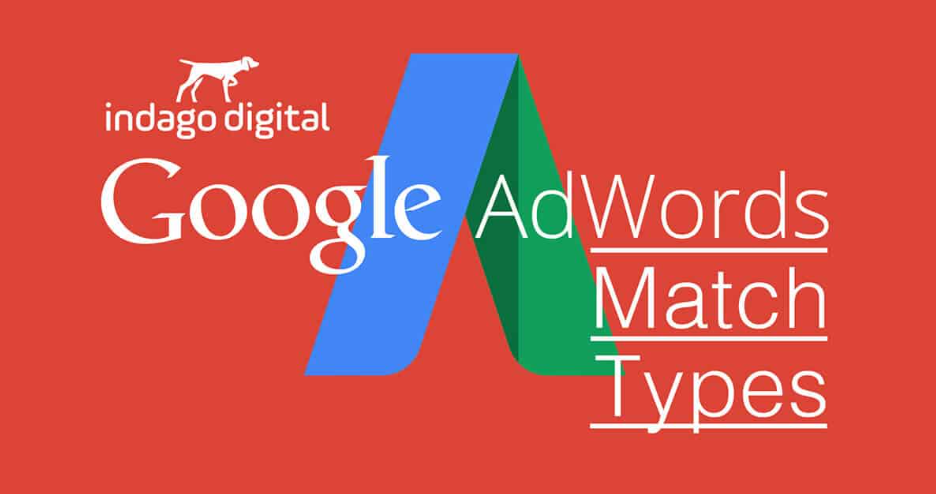Deeds of a good marketeer
Following the narrative further, a good marketer should use all the match types available but should be controlling impressions using bids and negatives so that conversions tend to come from exact match keywords. This should mean that your cheapest traffic source is also your best converting.
It may come as no surprise that this is seldom the case. After all, different markets are sure to behave differently, and many factors must be considered. We’ll get to that.

Levelling the field
Remember that this data set encompasses all keyword sets being marketing in search: brand, generics, competitors, your mum, etc. Note also that we stack our match types so that converting search queries are built out into all three match types with negatives in place so that if a query can fire an impression, the highest-tier match type will fire.
Interestingly, the narrative is only confirmed in Quality Score, with exact taking the top spot, phrase match coming in second and broad match bringing up the rear. However, phrase match has the lowest CPC but also the lowest CTR. Broad match shows the highest CPC but also the highest conversion rate. Wait, what!?

No surprises here; CTR decreases across the board, CPC goes up, and quality score dips considerably.
Again, quality score maps as to how you’d expect, with exact match winning in terms of relevancy, phrase coming in silver and broad taking the bronze. However, the conversion rate is vastly different with these filters in place; the broad match again has the highest CPC but converts at nearly 1 in 3. What sorcery is this?
Well, it turns out that discovery keywords (that is, everything but exact) are way more useful and important than the narrative gives them credit for.
Often, exact match keywords turn out to be Low Search Volume, which is Google’s way of saying, “We can’t run a profitable auction out of this one advertiser bidding on this very specific search term, so we just won’t run one”. When this happens, it forces marketers to bid on less complex keywords & generics to acquire traffic for their clients. This places more pressure on the phrase and broad match regions of their account to convert because the search volume for generics is generally higher than exact.
Conventional wisdom
It follows, then, broad match could drive a higher conversion rate than exact by tapping into streams of search traffic that you either don’t have built out or are unable to bid into.
It’s also likely that phrase match delivers lower CPC than exact due to competition. Everyone knows what their killer keywords are and will optimise the absolute hell out of them, pushing traffic into exact match (because that’s what the narrative says you should do), but this leaves space in phrase match to pick up cheaper click traffic that the major players aren’t actively hunting after. This is further illustrated by the fact that phrase match exhibits the lowest conversion rate of the lot, even including brand.
The key takeaway here is that you can only trust the data you have and pay little mind to ‘conventional wisdom’. The fairy tale of the exact match may be true as far as the quality score is concerned, but there’s so much more going on that you can’t stop here.
So, the canny marketer is invited to ask themselves what they want to get out of their traffic.
If I want to drive cost-effective conversions, then I probably want to push spend into exact match for high-relevancy traffic with strong CTR and respectable conversion rate, accepting that I may have to bid hard to get into this market. I also probably want to build out my broad match modified keywords to hoover up the converting traffic I haven’t built into my account and use SQRs and negative keywords to optimise efficiency moving forward.
If I want to play for airtime dominance, maybe I should pull back on exacts and push spend into phrase match for low CPC traffic, accepting that the conversion rate will decrease but traffic may ultimately go up.
If I want to be a jerk and bid on competitor terms, I should go home and rethink my life. I might want to consider how my product compares with the competitor I’m going to war on, as it could have huge implications for bidding strategy.

This one’s a pretty mature account, hence the majority of click traffic going into exact match due to tightly controlled negatives and 2 years of search query expansions. Still, broad match manages to drive a 50% conversion rate at a lower CPC than exact match. Note also that phrase match CPC, CTR and conversion rate are by far the lowest of all types.
In this case, if the goal were to drive cost-effective conversions, we would be bidding differently. However, this campaign is designed to go to war on a specific set of competitors in the same market as our client such that conversion rate & volume is not the ultimate measure of success.
Maybe it’s time to rewrite the narrative. Once the champion of PPC conversions, the exact match probably needs to share its accolades with much-maligned broad match, while gentle, overlooked phrase match with its cheap traffic and a mouthful of glue quietly wait for the day it can show them.
Show them all.
Written by
Luke Ashmore-Delaney





